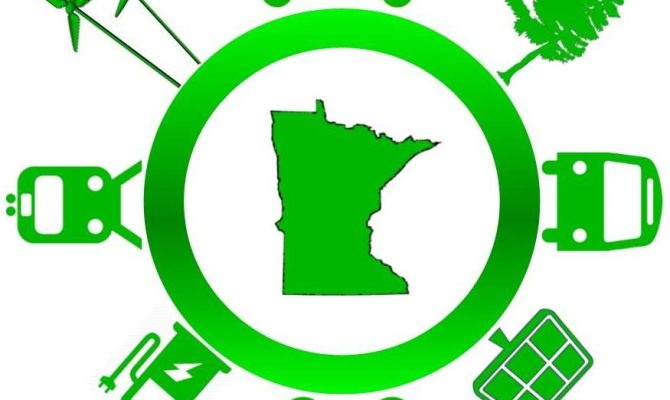Waste management issues in Minnesota
Waste management is an important issue in Minnesota, as the state grapples with various challenges related to waste generation, disposal, and environmental sustainability. One significant problem is the growing amount of municipal solid waste (MSW) produced by residents, businesses, and institutions. Minnesota has experienced an increase in population and economic growth, leading to a rise in waste generation. This puts pressure on existing waste management infrastructure and raises concerns about the proper handling and disposal of waste.
One of the key issues facing Minnesota is the limited availability of landfill space. Landfills are the most common method of waste disposal in the state, but finding suitable sites for new landfills is becoming increasingly difficult. Communities and environmental organizations often oppose the establishment of new landfills due to concerns about pollution, odor, and potential harm to local ecosystems.
To mitigate the landfill space problem, Minnesota has implemented waste reduction and recycling programs. The state has set ambitious goals to reduce waste generation and increase recycling rates. Recycling is an effective way to divert waste from landfills, conserve resources, and reduce environmental impacts. However, challenges remain in achieving high participation rates and improving the quality of recyclable materials collected. Contamination of recycling streams and lack of education about proper recycling practices pose significant obstacles to achieving waste reduction targets.
Another waste management issue in Minnesota is the proper disposal of hazardous waste. Household hazardous waste, such as chemicals, paints, and electronic waste, requires specialized handling and disposal to prevent environmental contamination. Minnesota has established collection programs and designated facilities to manage hazardous waste, but ensuring proper disposal and raising awareness among the public about the dangers of improper disposal remain ongoing challenges.
In recent years, Minnesota has also recognized the importance of organic waste management. Organic waste, including food scraps and yard waste, constitutes a significant portion of the waste stream. The state has implemented programs to promote composting and anaerobic digestion as sustainable alternatives for managing organic waste. However, expanding these programs statewide and increasing participation from households, businesses, and institutions require further efforts and investment.
Overall, waste management issues in Minnesota encompass a range of challenges, including landfill capacity, recycling rates, hazardous waste disposal, and organic waste management. Addressing these issues requires a combination of public awareness, policy initiatives, infrastructure development, and collaboration between government, businesses, and communities. By adopting sustainable waste management practices, Minnesota can work towards reducing waste generation, conserving resources, and protecting the environment for future generations.
Junk disposal services in Minneapolis
Junk disposal services play a crucial role in Minneapolis, providing convenient and responsible solutions for individuals and businesses to handle their unwanted items and debris. These services cater to a wide range of needs, including residential cleanouts, construction debris removal, and commercial junk disposal.
In Minneapolis, there are several professional junk removal companies that offer efficient and reliable services. These companies have teams of trained professionals equipped with the necessary tools and equipment to handle various types of junk, from furniture and appliances to construction materials and yard waste. They understand the importance of proper disposal and follow environmentally friendly practices, ensuring that recyclable materials are separated and hazardous substances are disposed of safely.
One of the advantages of using junk disposal services in Minneapolis is the convenience they offer. Many companies provide flexible scheduling options, allowing customers to book appointments at their convenience. The junk removal teams arrive on time, saving customers the hassle of sorting, loading, and transporting the items themselves. This is particularly beneficial for those who may not have access to a vehicle or lack the physical ability to handle heavy or bulky items.
Moreover, junk disposal services in Minneapolis often prioritize sustainability. They strive to divert waste from landfills by recycling and donating items whenever possible. Reusable furniture, appliances in working condition, and other valuable items are often given to local charities or organizations that can repurpose them, benefiting the community and reducing waste.
Another advantage of professional junk disposal services is their expertise in handling different types of waste. Whether it’s an estate cleanout, a renovation project, or general decluttering, these services have the knowledge and experience to handle the specific requirements of each job. They ensure that all waste is properly disposed of, following local regulations and guidelines, which helps maintain a clean and sustainable environment in Minneapolis.
In conclusion, junk disposal services in Minneapolis offer convenient and efficient solutions for managing unwanted items and debris. They provide a range of services, from residential cleanouts to construction debris removal, and prioritize responsible waste management practices. By utilizing these services, individuals and businesses in Minneapolis can simplify their junk removal process, contribute to sustainability efforts, and maintain a clean and clutter-free environment.
